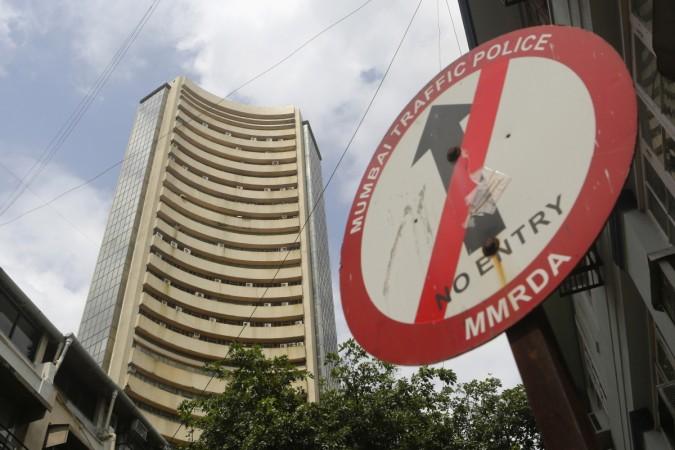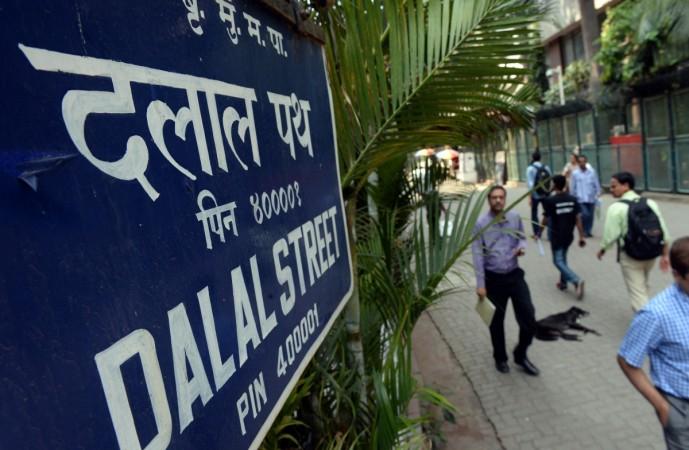
The Reserve Bank of India's (RBI) third successive 25 basis points (bps) cut bringing the repo rates to the lowest in nine years at 5.75 per cent failed to enthuse the market as the bench market indices plunged, erasing last week's gains. RBI Governor Shaktikanta Das' announcement of the Monetary Policy Committee (MPC) decision to change its policy stance to 'accommodative' from 'neutral', effectively removing rate rises in immediate future, also did not help the market sentiment.
National Stock Exchange (NSE) benchmark Nifty shed about 178 points or 1.48 per cent to close around 11,843 points on Thursday. Of the 50 scrips that make up the benchmark, 37 shares declined while only 13 advanced and the index has fallen below the 50-day moving average, showing the market's overall disaffection. Bombay Stock Exchange (BSE) index Sensex lost about 553 points or 1.38 per cent to close at 39,529 points.
The market had priced in the 25 bps rate cut after the latest numbers showed a decelerating economy with the GDP growth pegged at 6.7 per cent. Among the top gainers were retail and FMCG stocks like Titan and Hindustan Unilever Limited (HUL) and energy stocks like Coal India Limited and National Power Grid Corporation. Banking stocks including State Bank of India (SBI), IndusInd Bank and Yes Bank along with GAIL and India Bull Housing topped the declining bunch.
Sovereign bonds rallied, sending benchmark yields to their lowest since November 2017, according to a report on Livemint website. The rupee also strengthened against the dollar.

Banks and realty stocks were expected to be top beneficiaries of a rate cut because the expected fall in interest rates would bring them more business boosting revenue and profits. Nifty's sectoral indices, however, declined across the board, with Nifty Bank declined 2.32 per cent. PSU Bank Index suffered worst with 4.3 per cent fall while Private Bank index declined 2.29 per cent.
"Low inflation and subdued growth are the drivers of the move. Yet, the real concern is the lack of transmission of rate cuts into the effective lending rate. Liquidity conditions also remain tight for a large part of the corporate sector. Effective transmission and adequate liquidity remain key challenges," the report quoted Sujan Hajra of Anand Rathi Shares & Stock Brokers as saying.









